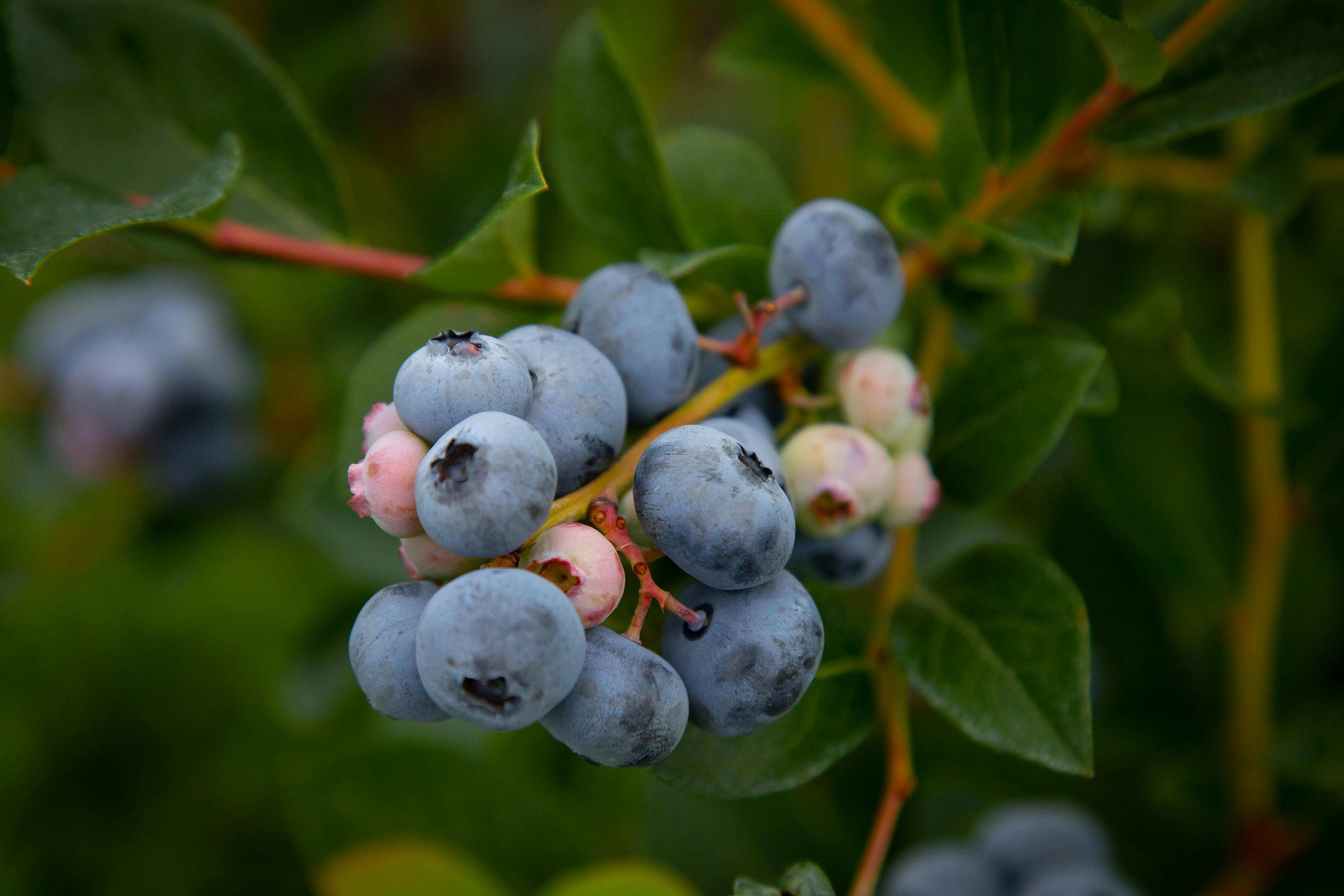There’s nothing quite like picking plump, sweet blueberries from your own garden, especially when you’ve chosen the right variety for your area. In my own coastal garden, Rabbit Hill blueberries grow best thanks to our mild climate and slightly acidic soil. Planting the right blueberry bushes isn’t just about choosing a random plant at the nursery. It’s about understanding your growing zone, soil type, and local climate conditions. Blueberries thrive in well draining soil, and most gardeners will need to amend their soil to bring the pH down to the ideal range of 4.5-5.5. With the right prep and variety selection, you can enjoy a healthy, abundant blueberry harvest for years to come.

Preparing Your Soil For Planting The Right Blueberry Bushes
Before planting the right blueberry bushes, it’s essential to test your soil. Most native soils are too alkaline for blueberries, which prefer acidic conditions. You can use a simple at home soil test kit or send a sample to your local extension office.
To lower your soil pH:
- Mix in elemental sulfur a few months before planting. This gives the soil time to adjust.
- Incorporate pine needles, bark or coffee grounds to help maintain acidity and improve drainage.
- Avoid lime, wood ash, or compost heavy in manure, which can raise pH levels.
Plant your blueberry bushes in raised beds or mounded rows if your soil tends to stay soggy. Good drainage is key to preventing root rot and promoting healthy growth.
Water Requirements
Blueberries need consistent moisture, especially in their first few years. Aim to give them about 1 to 2 inches of water per week, either from rain or supplemental watering. Drip irrigation works best. It keeps water at the roots without soaking the foliage, which helps prevent disease.
During hot summer months or in sandy soils, you may need to water more frequently. Mulching with pine bark or wood chips helps retain moisture and keeps weeds at bay.
Pest Control Tips
While blueberries are relatively low maintenance, a few pests can cause problems:
- Birds: Your biggest competition! Use netting during ripening season to protect your berries.
- Blueberry maggots & fruitworms: These insects can damage developing fruit. Use sticky traps and monitor regularly.
- Aphids & scale insects: Spray plants with insecticidal soap or neem oil if infestations appear
- Deer and rabbits: Fencing or plant safe repellents can help deter them from nibbling your young bushes.
Best Blueberry Varieties by Zone, Soil, and Climate
Choosing the right variety is just as important as preparing the soil. Here’s a guide to planting the right blueberry bushes based on your region and conditions:
Zone 3-4 (Cold Climates):
- Northblue -low growing, dime sized berries
- Northcountry – small to mediums size fruit similar to wild blueberries
- Polaris – high yield, medium size, fragrant fruit
- Chippewa – medium to large fruit, slow growers
- Tip: Choose half-high varieties that are cold hardy and compact.
Zone 5-6 (Cool Temperature Climates):
- Bluecrop – reliable and disease resistant
- Blueray – large berries, excellent flavor
- Patriot – cold hardy and tolerant of heavier soils
Zone 7-8 (Mild Coastal & Inland Climates):
- Rabbit Hill – Ideal for coastal areas like mine
- Legacy – high yields and great taste
- Sunshine Blue – semi-dwarf, tolerant of warmer temps and higher pH soils
Zone 9-10 (Warm Climates):
- Jewel – high yield and tangy flavor
- Emerald – high yield and mildly sweet
- Misty – medium to large berries
- Tip: Opt for Southern Highbush varieties that don’t require as many chill hours.
Final Thoughts on Planting the Right Blueberry Bushes
Whether you live in a cool northern zone or a sunny southern garden, planting the right blueberry bushes can make all the difference in your harvest. Take time to prepare your soil, select varieties that suit your climate, and give your bushes consistent care. With a little planning and a touch of patience, you’ll be rewarded with baskets of fresh, homegrown berries. You may even get enough to freeze for winter pies and jams.
Remember: planting the right blueberry bushes starts with knowing your zone, testing your soil and choosing varieties that thrive where you live. Happy planting!
